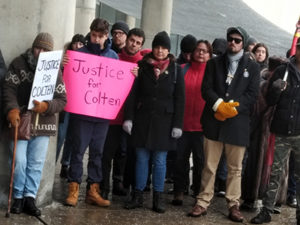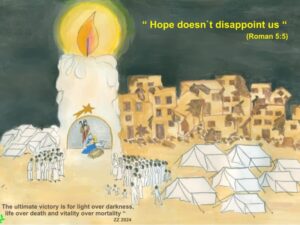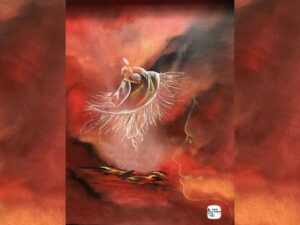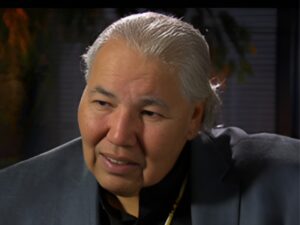Recent verdict affirms the urgent need to fight racism through education

The acquittal of Gerald Stanley, who was found not guilty of second degree murder by an all white jury in the shooting death of Colten Boushie, a 22-year-old man from the Red Pheasant First Nation in Saskatchewan, is a stark reminder of how much work still needs to be done to address systemic and systematic racism in Canada.
We can only imagine the pain that this verdict has caused Boushie’s family and community. KAIROS expresses its concern for the family, for Indigenous young people, and for all who have been impacted by this decision.
It is our hope that the Boushie family finds strength in the outpouring of public support they have received since the verdict was delivered on February 9. We are inspired by the hundreds of people who, on short notice, are attending vigils and rallies across the country to show their support.
For the family, as well as many other Indigenous people and their allies, this decision is only the latest example of how the Canadian courts are unable to provide justice for First Nations, Inuit and Métis peoples.
The 2013 report by Former Supreme Court Justice Frank Iacobucci, First Nations Representation on Ontario Juries, found that under-representation on juries of First Nations people living on reserves was a symptom of a much larger crisis in the relationship between Ontario’s justice system and Indigenous peoples in the province. Iacobucci’s report included 17 recommendations and emphasized the importance of building a relationship that “incorporates an underlying respect for cultural, traditional, and historical values that are different.”
Iacobucci’s report also recommended and led to the Ontario government’s creation of a 12-member advisory group in 2014 to examine issues affecting Indigenous people in the justice system and provide advice on how to improve the system by making it more inclusive, responsive and accessible.
The ruling in Saskatchewan reminds us that this situation is not unique to Ontario. Across Canada Indigenous peoples believe the justice system is profoundly unjust. As well as systemic changes, addressing ignorance and building relationships through education is urgently needed across the country. KAIROS has long acted upon the position of both the Royal Commission on Aboriginal Peoples and the Truth and Reconciliation Commission of Canada that education is key to addressing the root problems that lead to discrimination and racism, and KAIROS remains committed to this long term transformative work.












